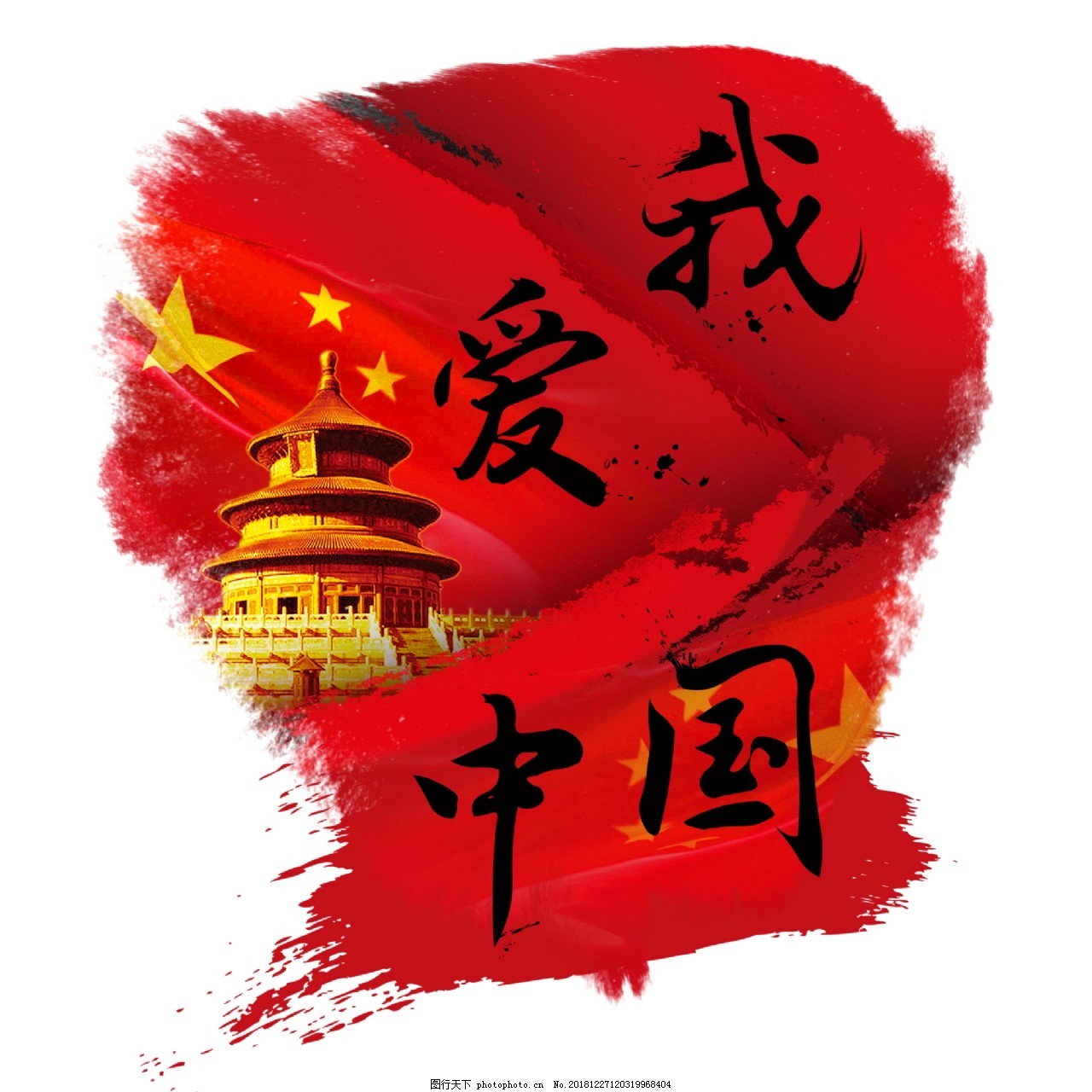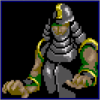Hi everyone! For the past two years I’ve been studying mandarin intensively pretty much every day (544 day Anki streak at least). I’ve reached the point where I can talk about most topics without much issue (that includes more advanced topics like AI or general geopolitics), and I can also consume news and social media.
I followed the Refold method, since it’s by far the most fool-proof and efficient way to learn a language in my opinion.
I started out immersing in gaming content, since it’s very visual and you don’t really have to understand what’s being said in order to follow along. Some popular gaming channels on Bilibili include: 中国BOY, 徐大虾, and 老番茄. It is during these beginning stages where I would say learning Chinese is the hardest, because you will have a very hard time hearing the tones and you will also likely have a hard time hearing the difference between for example ‘xiang’ and ‘shang’, or ‘chi’ and ‘zhi’. In order to be able to hear these sounds, your only option is just to bash your head against the content until your brain magically figures it out at some point or another. As long as you keep immersing and don’t get too upset at yourself for not hearing the difference, your brain will kind of magically sort it out eventually.
The same thing is true for the speed at which you can comprehend words. At first you will have to seriously make an effort to decode all of the sounds and convert them to meaning, and so you will feel that they are talking way too fast for you to comprehend. Eventually however, your brain will start to do this conversion from sound to meaning automatically and consuming content will feel more effortless. This is why it’s important in the first couple of months to just have some 自律 and push through the immersion and trust the process.
Once I started to feel quite comfortable with gaming content, I started moving towards consuming dating shows like 新相亲大会 and 非诚勿扰 (these can be found on youtube). These shows are seriously great sources of immersion for three reasons:
- The shows are very predictable so it’s easy to follow what’s going on even if you’ve missed multiple sentences.
- There are hours upon hours of content for you to consume, and I would even recommend you to rewatch episodes.
- The shows are seriously fun to watch! There are some really great moments from these shows and you usually don’t need very advanced vocabulary to follow along. I would say that 新相亲大会 was *the *show which improved my Chinese the most. Watching through all the seasons let me get a natural sense of Chinese grammar, it propelled me to conversational fluency, and I finally felt comfortable with all of the sounds of the Chinese language.
The next step of my immersion journey involved watching the news as well as consuming political and educational content on Bilibili. I’m still at this stage today and so I’m just slowly widening my vocabulary and building more of a cultural understanding of things.
To give some more general tips on language learning, I’ll start by saying that the most important thing to do is to build a language learning habit. You should worry less about progress or if you’re doing it “right”, because if you do immersion for long enough coupled with some speaking practice later down the line you are guaranteed to reach the level of fluency you want to be at. In order to build a habit, you need to do what is fun for you and worry less about if it’s the right level of difficulty or if your study method is correct. I’m also sorry to say that if you can’t build the habit of immersion, then you aren’t going to reach fluency as there are no shortcuts to this process. You simply have to put in thousands of hours if you want to reach fluency, and for most of those hours you are going to be seriously doubting yourself if it’s even possible to reach fluency in the first place.
I would also recommend everyone to learn more about the science of language learning. There are tonnes of great Youtube channels which talk about the science of immersion learning, but a classic is of course Matt vs Japan and also the Refold Youtube channel. Also, it can’t hurt to watch some Xiaoma for inspiration. I kind of cringe watching his videos nowadays but back in the day Xiaoma was really the person who got me on the path to learn Chinese in the first place, so I’m still very thankful that his channel exists.
Is this page a good description of the Refold method? It sounds as though you have really put in the work and so have propelled yourself to fluency very fast, relatively speaking. Two years may be a long time but to be fully conversational at that point strikes me as incredible. Thank you for sharing. I’m gonna have to get on Bilibili and pick out a “language parent”
Personally I never bothered with language parents. What I recommend more is to follow the core principles of the Refold method and adapt it a bit to your own liking. I’m certain language parents can help but since I already had good pronunciation I figured it wasn’t necessary.
Like @hongdao@lemmygrad.ml I’d also like to hear more about Refold. Never heard of it, and it doesn’t look like a “method” rather than a course. The website doesn’t much clarify if that’s not the case.
Also, you say intensively, just curious as to rough hours a day/week.
Kudos though and thanks for the tips.
So I’ve been spending roughly 30-50 minutes a day on Anki, and about 3-5 hours every day consuming content in Chinese.
Yes, Refold is now a company and they’re trying to make money from selling courses and tutoring, but they still have the roadmap available to the public and that’s really everything you need.
Wow, yeah, 2 years of that will just about do it. I studied Chinese to the point of majoring in it in college and living there for a year, still didn’t get as good as you probably are now. A few problems there, like somewhat effortlessly learning French while overseas for a couple years, but in the end I just didn’t put in the study time on the daily.
When people show interest in learning Chinese to me, I ask then what their favorite hobby is and then say, nope, your new hobby is studying Chinese. You’ll fail if it’s anything otherwise.
Anyway, I’m going to take another stab at it. So yeah, good work. I’ll look definitely look though the roadmap. Thanks again!
What kind of political and educational content are you watching on bilibili? Any recommendations?
I tend to rely on the algorithm to find this stuff, but I would recommend starting by looking at 房叔叨叨叨, 36氪, 酷玩实验室, 硬核资本论. Then I would just recommend looking at recommended to find some more content of interest. I would also recommend searching for something you want to learn more about since Bilibili has lots of university lectures uploaded to it. For example there are thousands of hours of content explaining Das Kapital and Machine Learning.
How did you go about the initial stage? I’m just curious not for myself but for other learners who are interested in embarking on this journey. I’m at the stage of reasonable conversational fluency with common topics, roughly late HSK4 to early HSK5. I learnt the basics of grammar, pronunciation, characters, pinyin etc from several semesters of Chinese at uni. I think this really set me up well to continue to self study but I imagine doing it independently from day 1 would be a major challenge. I can’t really imagine overcoming the beginner stage without some input from a tutor to correct pronunciation and answer the million questions which will inevitably come up in that first rapid stage of learning.
In the beginning stages I did use Duolingo and some Youtube videos covering basic grammar as a jumpstart. However, I think the more important thing was that when watching content, I would write down entire sentences which the content creator would say and put them through DeepL/google translate/GPT in order to get a translation which I could put into Anki. If you memorize enough whole sentences then the grammar will start to uncover itself quite naturally. As for pronunciation, I would consider myself lucky since my ear is apparently pretty good for this and I picked it up easily. Perhaps doing some iTalki lessons might be a good way to get pronunciation right.





